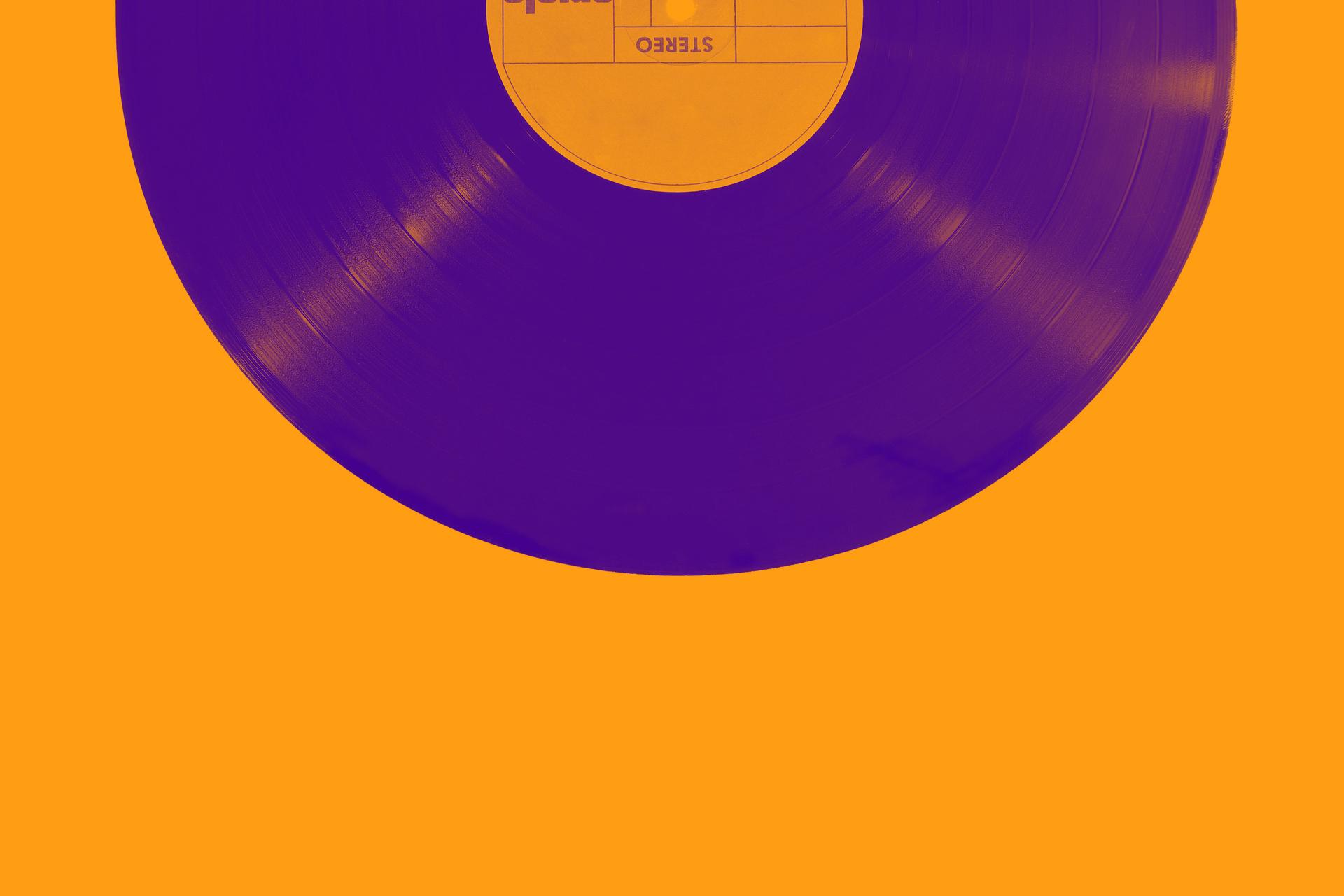
9 minute read
Dean’s List: News From the Law School
October generally brings exam results, and this year is no different. For July of 2022, the firsttime pass rate for Law School graduates in South Dakota was 79%. That number is the starting point to assess bar exam results, not the end. We are waiting for results from other jurisdictions to determine our total first-time pass rate for the Class of 2022. More important, however, is Ultimate Bar Passage (the percentage of students who took and passed a bar exam within 2 years of graduation) because that is the number that the ABA looks at for accreditation. I also think it gives a more complete picture of bar success than first time rates alone. For the classes of 2019 and 2020, the Law School’s ultimate bar pass rate has been 94 and 87 percent. Our graduates are passing the bar exam.
While bar exam outcomes are very important, so is the bar exam process. Many lawyers have little reason to be familiar with the mechanics of the bar exam, but it is helpful as you consider the results. I want to spend a little time in this month’s column talking about that process.
While the National Conference of Bar Examiners prepares most exam materials, each jurisdiction determines the content and grading of their exams. South Dakota requires a scaled score of 133 on the MBE (the 200-question multiple-choice potion) and a cumulative score of 75 percent or higher on the MEE/ MPT (the essay and practice activity portions). More than half of states require a higher passing score; threequarters require a score equal to or higher than South Dakota’s. Among neighboring states, only North Dakota sets a lower passing score than South Dakota. South Dakota does require a separate passing score on each portion of the exam. South Dakota rewards exceptional performance on the MEE/MPT by awarding up to three MBE points based on scores of 80, 85, and 90 respectively. This “bonus point” rule was implemented in 2019 and has made the difference in passing for several applicants since then.
There has been some argument that South Dakota’s scoring system places applicants here at a disadvantage. I disagree. Many other jurisdictions use a scaled scoring system to grade the MEE/MPT portion of the exam rather than South Dakota’s true percentage scoring approach. In a scaling jurisdiction, all essays are graded by distribution in groups one through six (with one being the lowest score and six the highest). The purpose of this structure is to create a forced distribution of scores on the exams. This is unlike South Dakota, where, in theory, every exam could get a 90%. Once the distribution is made, the mean and standard deviation of scores for both the MBE and MEE/MPT are determined. The MEE/MPT scores are then adjusted so that they have an identical mean and standard deviation. (you can get more detail about scaling from the NCBE here: https://thebarexaminer.ncbex.org/article/equatingand-scaling/the-testing-column-3/). South Dakota’s essay scoring system is different, but nothing about it places South Dakota applicants at a disadvantage in comparison to the scoring system used in other jurisdictions. In fact, Mark Albanese, the former Director of Testing and Research for the NCBE has clearly stated, “combining the scaled essay scores with the MBE scores will not have an impact on the percentage of examinees who fail….” (https://thebarexaminer.ncbex.org/article/
equating-and-scaling/the-testing-column-scaling-itsnot-just-for-fish-or-mountains/). Having overseen the testing of the test for many years, Mr. Albanese refutes the suggestion that South Dakota’s method of scoring the MEE/MPT portion of the exam somehow drives down pass rates.
The reality is also that among applicants who do not pass the exam, they overwhelmingly fail to pass the MBE, not the MEE/MPT. For example, in the February exam administration, 90% of the applicants who did not pass the exam DID pass the MEE/MPT. In the July administration, it was just under 90%. As part of the NextGen Bar initiative, NCBE is moving away from the MBE in the coming years. I continue to believe that the NextGen changes hold real potential to make the bar exam process better across the country. In the interim, when bar pass rates are not where we want, it is not because of the structure of South Dakota’s exam. Applicants overwhelmingly succeed on the essay portion of the bar exam.
I have also heard the claim that bar pass rates in South Dakota have “never recovered” from their fall in the middle of the last decade. They have—both for USD graduates and in the jurisdiction as a whole. As I noted above, the pass rates for the Class of 2019 reached 94% and the Class of 2020 reached 87%. The Class of 2021 is currently at 86%. For all South Dakota applicants (USD and other schools), South Dakota’s total pass rate has beaten the national average every year since 2018. You can see that data on the NCBE website: https://thebarexaminer.ncbex.org/2021-statistics/tenyear-summary-of-bar-passage-rates-overall-and-firsttime-2012-2021/. This graph shows the relationship between South Dakota’s pass rates and the national average pretty clearly: https://libguides.law.usd.edu/ sd_bar_exam_pass_rates.
Bar exam results are indisputably important. They are extremely important and extremely personal to those applying for admission. It is also indisputably true that it is important to assess results through an evaluation of accurate and complete data over time and not any one administration as well as with an informed and openminded consideration of the testing process. It remains critical to the mission of the Law School to prepare and support our graduates for bar admission, and that we work with the Court and the Bar to continue make our processes better. It is unlikely that any assessment or outcome will ever be “perfect,” but it is entirely possible that working together as a profession, we can continue to refine our admissions process to be fair, protective of the public, and aligned with minimum professional competence.





Special thanksto:
Boyce Law Firm, L.L.P. is pleased to announce that Kristin N. Derenge joined the firm as an associate attorney in August 2022. Boyce Law Firm, L.L.P. 300 S. Main Avenue P.O. Box 5015 Sioux Falls, SD 57117-5015 Telephone: (605) 336-2424 Facsimile: (605) 334-0618 www.boycelaw.com Bangs, McCullen, Butler, Foye & Simmons, L.L.P. is pleased to announce the addition of Connor Donohoe
as an associate attorney in Rapid City.
Bangs, McCullen, Butler, Foye & Simmons, L.L.P. First Interstate Gateway Building 333 West Boulevard, Suite 400 P.O. Box 2670 Rapid City, SD 57709-2670
Telephone: (605) 343-1040 Facsimile: (605) 343-1503
cdonohoe@bangsmccullen.com www.bangsmccullen.com
James D. Taylor, P.C. is pleased to announce that Ashley K. Anson, previous solo practitioner of Ashley Anson, Prof. LLC has joined our firm as an Associate Attorney. The law office of Ashley Anson, Prof. LLC will now be a satellite office of James D. Taylor, P.C. out of Wessington Springs, SD effective immediately.
James D. Taylor, P.C. James D. Taylor Ashley K. Anson Attorneys and Counselors at Law
520 N. Lawler, Suite 100 PO Box 6 Mitchell, SD 57301 Telephone: (605) 996-3882 Facsimile: (605) 996-3884 102 Main Street East PO Box 309 Wessington Springs, SD 57382 Telephone: (605) 539-9006 Facsimile: (605) 996-3884
www.tmlawsd.com
taylor@tmlawsd.com anson@tmlawsd.com
Robins Kaplan L.L.P. is pleased to announce that Thad A. Titze
has joined the firm as an associate attorney.
Robins Kaplan L.L.P. 140 North Phillips Avenue, Suite 307 Sioux Falls, SD 57104
Telephone: (605) 335-1300 Facsimile: (605) 740-7199
TTitze@RobinsKaplan.com
www.RobinsKaplan.com Farrell, Farrell & Ginsbach is changing the Firm’s name.
Effective October 1, 2022, the Firm’s name will change to Hustead Law Office, P.C.
The phone number and address will remain the same.
Hustead Law Office, P.C. 441 N. River Street Hot Springs, SD 57747
Telephone: (605) 745-5161 Facsimile: (605) 745-3154
whustead@husteadlaw.com cromey@husteadlaw.com aschaefer@husteadlaw.com
Gunderson, Palmer, Nelson & Ashmore, LLP is pleased to announce that Owen R. Wiese and Aidan F. Goetzinger
have joined the firm as associate attorneys.
Gunderson, Palmer, Nelson & Ashmore, LLP 506 6th Street Rapid City, SD 57701
Telephone: (605) 342-1078 Facsimile: (605) 342-9503
www.gpna.com
owiese@gpna.com agoetzinger@gpna.com Marlow, Woodward & Huff, Prof. LLC is pleased to announce that
Joshua M. Anderson and Dylan M. Miller
have joined the firm as associate attorneys.
Marlow, Woodward & Huff, Prof. LLC P.O. Box 667 200 West Third Street Yankton, SD 57078
Telephone: (605) 665-5009
www.mwhlawyers.com
josh@mwhlawyers.com dylan@mwhlawyers.com
Siegel, Barnett & Schutz, L.L.P. is pleased to announce that Kiera Leddy has joined the firm as an associate attorney. Siegel, Barnett & Schutz, L.L.P. 415 South Main Street, Suite 400 Aberdeen, SD 57401 Telephone: (605) 225-5420 kleddy@sbslaw.net Frieberg, Nelson &Ask, LLP is pleased to announce that Austin Felts
has joined the firm as an associate attorney.
Austin will be working mainly out of our law office located at:
115 N 3rd St. PO Box 511 Beresford, SD 57004
Telephone: (605) 763-2107
afelts@frieberglaw.com



Effective October 3, 2022, Baloun Law, PC
is reopening their law firm.
Baloun Law, PC Beth Baloun 14700 E 57th St, Suite 102 Sioux Falls, SD 57108
Telephone: (605) 368-1196
beth@balounlaw.com











Court Improvement Program

Training TRAUMA-INFORMED COURT SYSTEM The Center for the Prevention of Child Maltreatment and the South Dakota Unified Judicial System are hosting monthly trainings on best practices and unique approaches to working with children and families for attorneys, judges, and other multidisciplinary professionals. These trainings are supported by the UJS Court Improvement Program which assesses and improves handling of court proceedings related to child abuse and neglect in South Dakota.

LEARNING MORE CAN KEEP KIDS SAFE
Trainings are held the last Wednesday of the month, with some variation based on holidays and other events, from 12-1 CST via Zoom.
UPCOMING TRAININGS
Wed Oct 26: Multidisciplinary Teams (MDTs) in South Dakota Wed Nov 30: TBD Wed Dec 28: TBD Wed Jan 25: Mandatory Reporting Wed Feb 22: Independent Living & Young Voices Wed March 29: TBD Wed Apr 26: Child Abuse Awareness Month, training in conjunction with the State Bar
SouthDakotaLawReview tocordiallyinvitesyou






